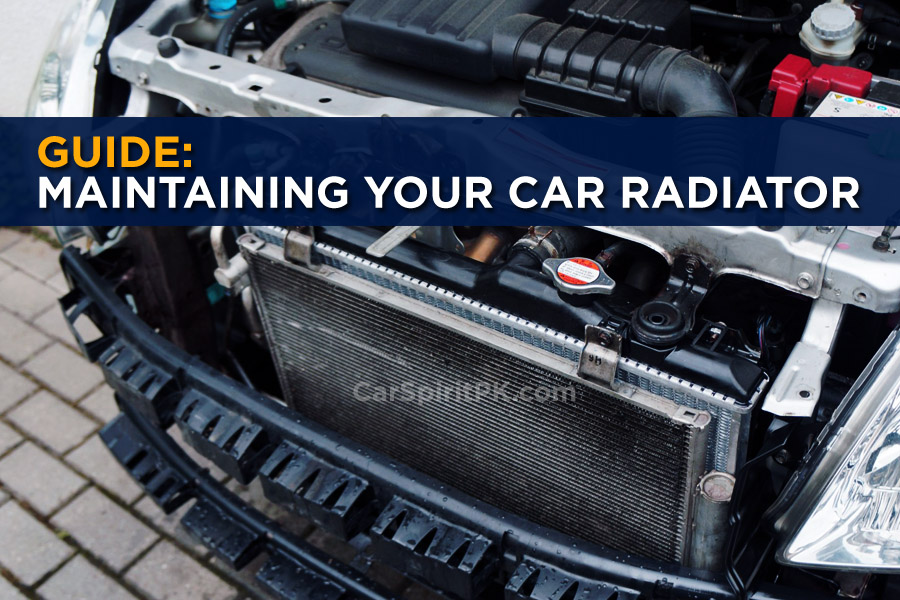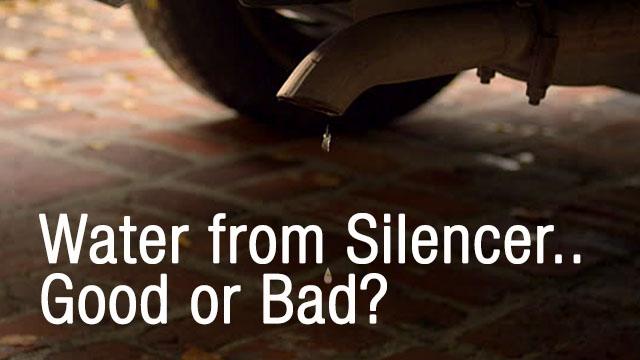Summer is here in full swing and automobiles take a lot beating from such extreme weather conditions. It is crucial for an engine to work efficiently without getting over-heated & so it is necessary to take into account a few things in order to avoid an unwanted situation.
A lot of people drive their cars using tap water which is a highly discouraged act. Here is why you should not put plain tap water in your radiator. First water tends to develop rust & corrosion in the internal cooling mechanism of your engine. Secondly water quickly boils due to the immense heat within an internal combustion engine and would eventually evaporate as well. Instead of using plain water, a coolant is always recommended due to a number of reasons.
What is a Coolant?
Coolant, also called as antifreeze, is generally a half-and-half mixture of a form of glycol and water. The glycol represents the antifreeze element of the mix, guaranteeing that the fluid doesn’t turn into ice under temperatures below 0° C. Glycol also prevents the coolant from reaching the boiling point in extreme heat. It keeps engine temperatures stable under all climate extremes and driving conditions.
Related: Water Coming Out From Car Silencer- A Good Sign Or Bad Sign?
Coolant also raises the boiling point, water boils at around 100° C, since boiling water can damage the engine, increasing this temperature will benefit the engine. A 50/50 mixture of antifreeze and water will begin to boil between 240° C and 270° C. Coolant does a number of other jobs such as to prevent engine water mixture from freezing in winter, prevent engine water from boiling in summer, prevent rust and corrosion of metal parts, prevent corrosion against rubber and plastic parts, become a good conductor of heat & aid in preventing electrolysis.
When to Change a Coolant?
The coolant in a car’s cooling system needs to be inspected periodically in order to protect against corrosion. While the main component of antifreeze, ethylene glycol does not expire, any additives to inhibit corrosion eventually do. This makes it a requirement that you change the coolant every 35,000 km or once in a year depending on your vehicle usage. The radiator, too, must be in good working order. If rust builds up, the heat exchanger may fail to function properly and can lead to problems down the road.
Related: What To Do If Your Car Overheats
Final Verdict:
An engine’s cooling system is one area that must be looked after from time to time to make sure that the car does not overheat. A vast majority of mechanical breakdowns are caused by overheating engines. Ensuring that the cooling system components such as the radiator, water pump and thermostat work well and by maintaining the level of the coolant in the system, you can largely avoid such problems.

A computer animation professional with over 23 years of industry experience having served in leading organizations, TV channels & production facilities in Pakistan. An avid car enthusiast and petrolhead with an affection to deliver quality content to help shape opinions. Formerly written for PakWheels as well as major publications including Dawn. Founder of CarSpiritPK.com




